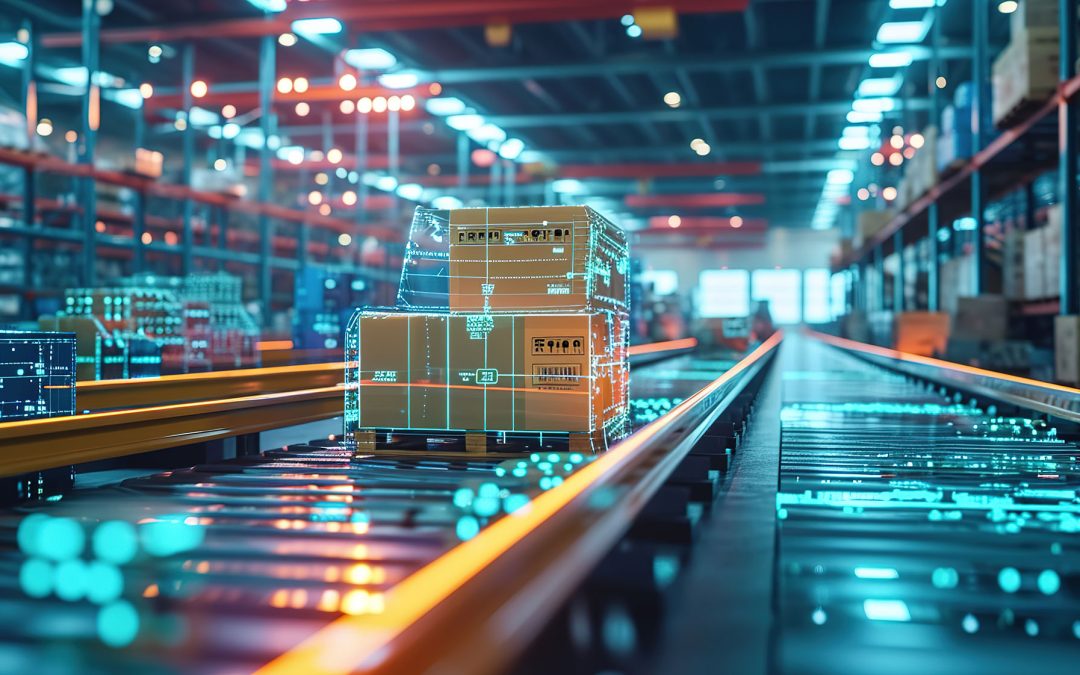Artificial Intelligence (AI) has been a prevalent topic over the last 12 months and will impact most industries within the future. The warehouse and distribution industry are no exclusion, in fact AI’s development has transformed the logistics landscape in many ways such as optimising operations, streamline processes and better decision-making for businesses. Within this blog, we will look at how AI will change warehouse operations for the future.
What is Artificial Intelligence (AI)?
In simple terms, Artificial Intelligence, is a broad field of computer science that’s concerned with creating intelligent machines. Specific applications of AI include speech recognition, expert systems, machine vision and natural language processing.
Normally, AI systems work by consuming a huge amount of data which then analyses the information for any correlations and then making predictions when it comes to future events. Most of it depends on the type of program as AI is continuously learning, creative and reasoning.
What are the potential benefits for businesses investing in AI?
Artificial intelligence is no doubt a huge investment for any business, however there are many advantages with AI, these include:
- Save on labor and boost productivity – Labor tends to be a huge expenditure when it comes to any business, with AI depending on what industry you could replace human workers which are currently takin on labor-intensive tasks and increase productivity.
- Delivers consistent results for your business – Some of the best AI solutions will provide stable results
- Customer satisfaction – AI can personalize messaging and recommendations to consumers
- 24/ 7 availability – AI-powered systems are continuous throughout the day and can provide a service around the clock.
Multiple ways in which AI is changing Warehouse Operations
It might have been a case previously that discussing AI in the warehouse may start a controversial topic, however some managers and staff may not be aware of current AI solutions. Also in some cases, if they currently aren’t using any AI solutions, it’s a possibility that some of your competitors are. Below are some of the ways in which AI has made a significant impact within warehouse operations today:
RFID Scanners – Radio frequency identification is recently replacing bar code scanners and current paper trails for the organization of inventory. One of the key features of RFID scanners are it doesn’t require a direct line of sight regarding the product which makes it easier in a warehouse setting. With the combination of AI, smart warehouse systems can literally adjust to the volume and speed of order processing.
Robotics Automation – Robots can be used to store products within a warehouse. The stacking, picking and storing of warehouse products can be proficient with automated machines which can place items according to an algorithm which considers the ease of access to products, expiration and the frequency of purchase. It is common for large retailers to invest in automation robots which can drive greater efficiencies overall.
Automated Vehicles – It is not common to see that automated vehicles have started to replace forklifts driven by people in the warehouse. Some mini or small carts which are equipped with 3PL systems is an example and smart trucks which help with parcel management. While it is worth noting that we andare still a few years away from self-sufficient delivery trucks as they still remain in testing stages.

